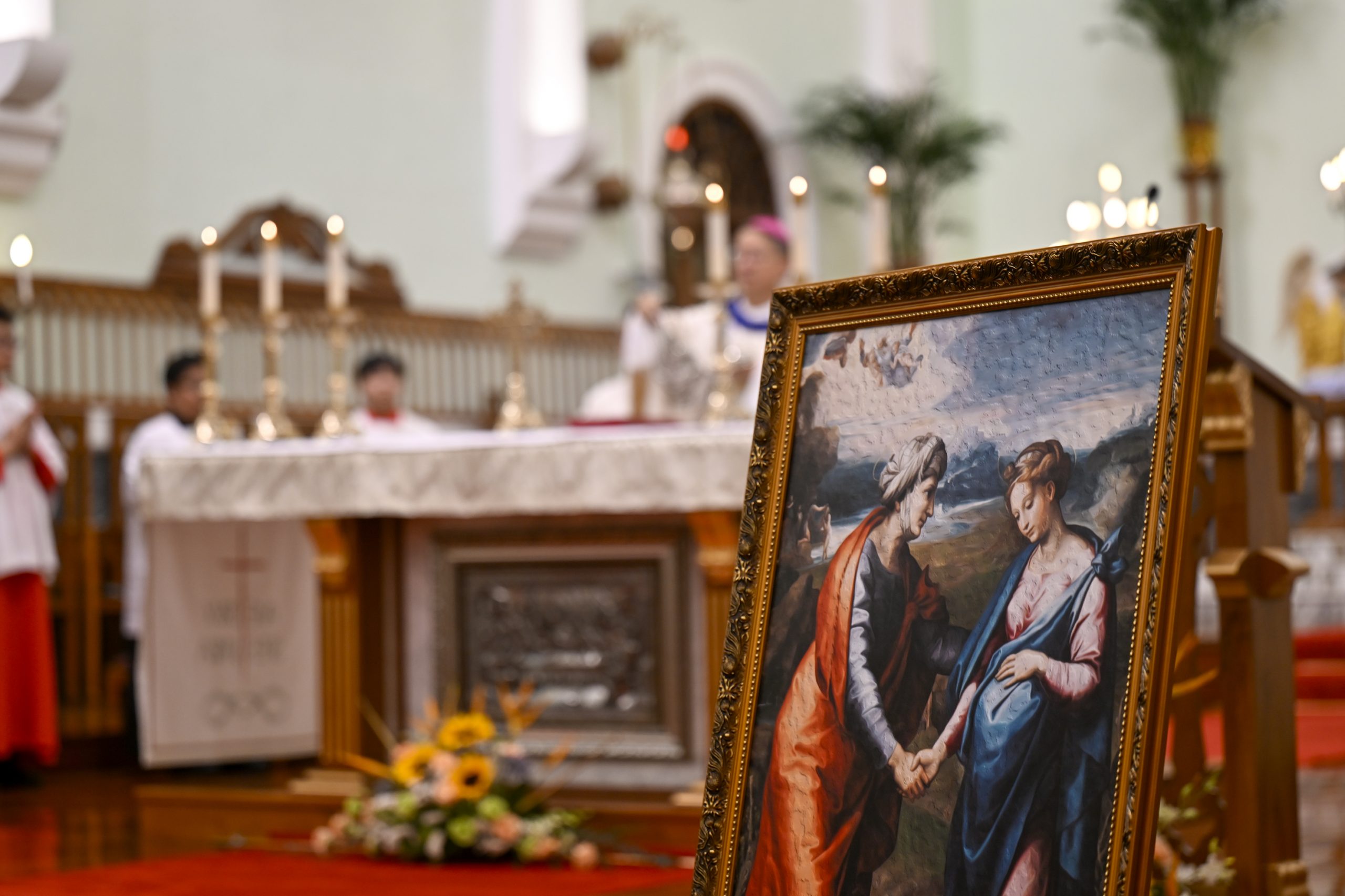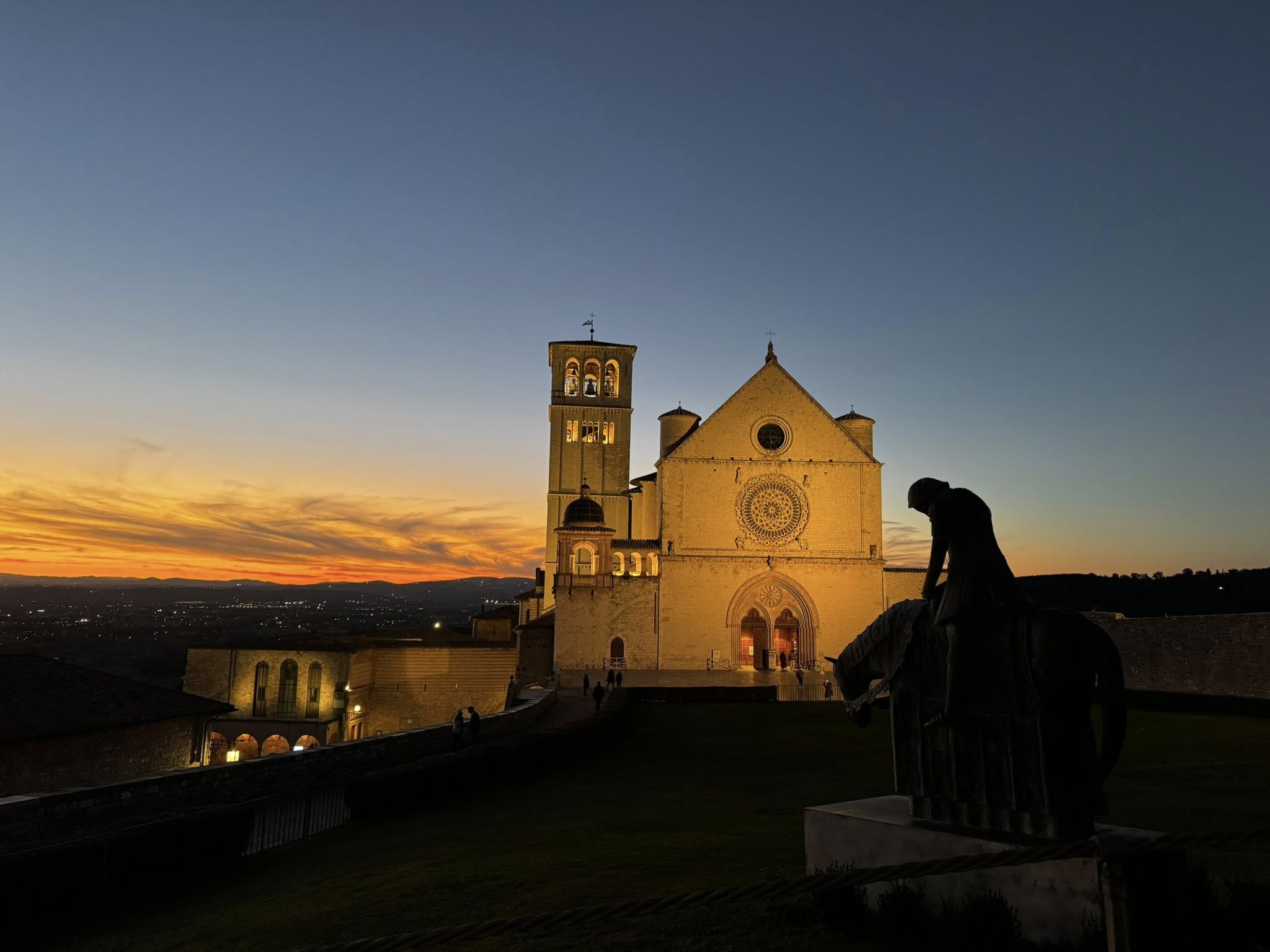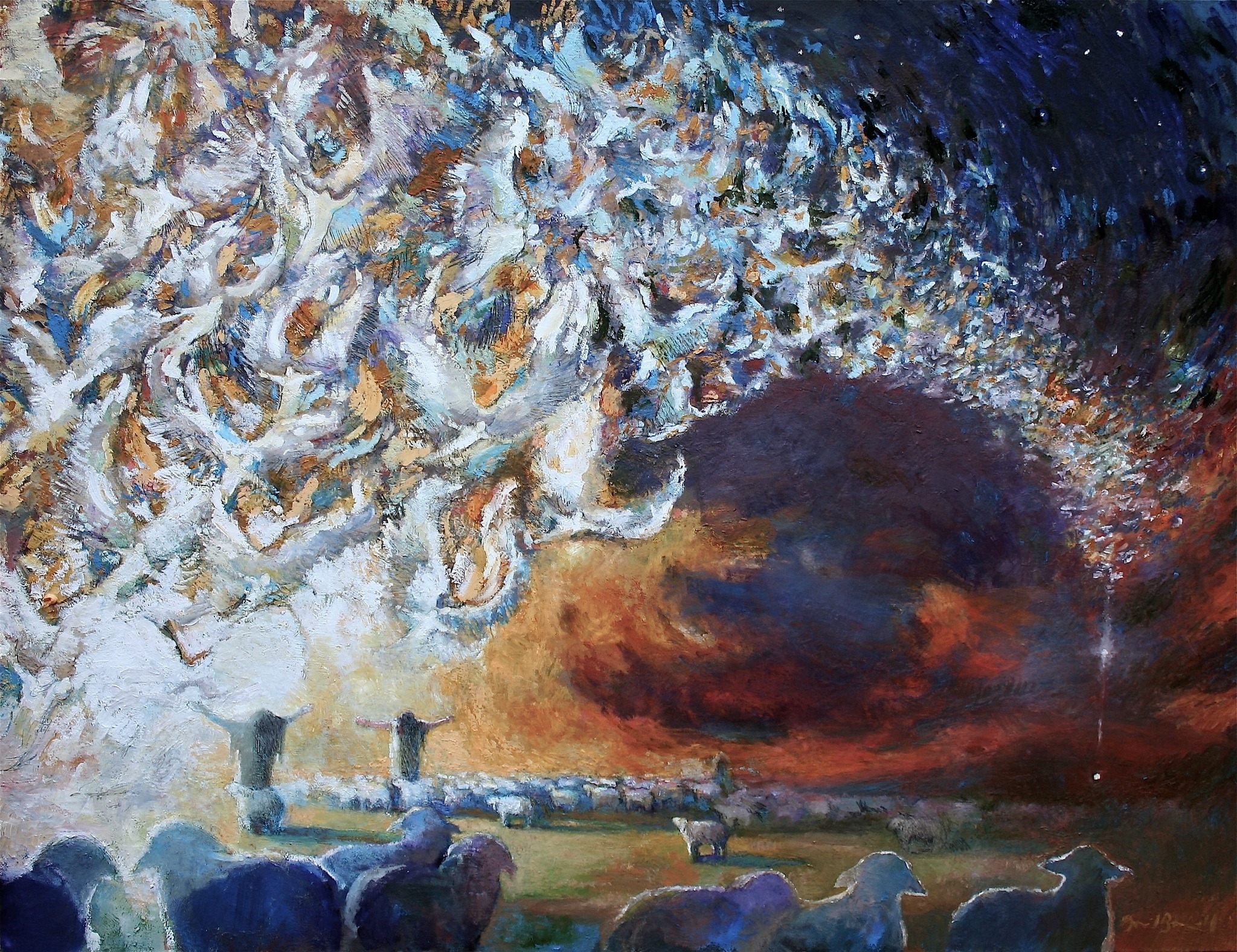FAUSTO GOMEZ OP
Human life is a narrative of hopes in the plural (human hopes) and of hope in the singular (Christian or theological hope). Our life is a journey on the way to different possible destinations. No temporal destination, however, can fully satisfy our longing for happiness, for God – for heaven. Accompany me, as I reflect on the nature of hope and the pilgrimage of life.
THE NATURE OF HOPE
We Christians believe that as children of God we are on the way to the house of the Father, as St. John Paul II loved to say. Christians are asked to give a reason for their hope (1 Pet 3:15) – for their hope in eternal life.
God’s radical gift to us is grace, which heals and elevates our being to divine life. The grace of the Father – through Jesus in the Spirit – is a share in the very nature of God and makes us new creatures, children of God, brothers and sisters of Jesus and of one another, temples of the Blessed Trinity and co-heirs of heaven (cf. Rom 8:15-17).
Rooted in grace, the three theological virtues of faith, hope and charity are three ways of responding to God: faith is the root of Christian life; hope is its orientation and charity, its substance (Hans Urs von Balthasar). Given by and focused on God, the three theological virtues are inseparably united. Hope, in particular is closely linked to faith and charity: faith guarantees the blessings of hope (Heb 11:1); hope is not deceptive because the love of God has been poured into our hearts by the Holy Spirit (Rom 5:5). According to St. Francis of Sales, the Holy Spirit is the king of heaven and charity, the queen.
Although faith is the most basic virtue and charity, the most perfect, hope – faithful and loving hope – is in a sense the most needed in our earthly life. After all, “people can live without faith and apparently many do. Many also live without love. But without hope, something to move us onward, we simply cannot go on” (Michael Downey).
Hope is a summary of the whole Bible. God is the God of hope (Rom 15:13). The Israelites lived in hope: “O Israel, hope in the Lord” (Ps 131:3). The new hope of the Christian is “a better hope” (Heb 7:19), a hope rooted in God the Father, in Christ our hope (1 Tim 1:1), and in the Holy Spirit and his gifts (Rom 5:5). Christian hope is the theological virtue of the will, which tends decidedly to the attainment of eternal life with the help of the grace of God (St. Thomas Aquinas).
Christian hope is hope of eternal life, that is, of a blessed and happy life. We come from God and go to God joyful in hope (Rom 12:12). Christian hope is not just “a pie in the sky,” but authentic scatological hope: “I hope that I may attain the resurrection from the dead” (Phil 3:11).
Christian hope is also temporal, that is, for our time and for all times. Theological hope places the past and the future in God’s merciful and provident hands. Expecting a new heaven and a new earth commits us to cultivate the present one which longs for the new scatological and cosmic hope (cf. Vatican II, GS 39). We live in “the here-after” and in “the here now.” Christian hope concentrates on the “present,” on “today” (Heb 3:7-8), on “now,” on “this moment”: “Now is the day of salvation” (2 Cor 6:2). Hope in God is not escapist but liberating: it commits us to liberate the present from hatred, slavery, injustice and violence.
Hope is a certain hope (God will not fail us), a patient and courageous hope (patience helps us face suffering on the way), and a prayerful hope. Prayer is a mediation of hope (spes orat, hope prays) and “a setting” to learn hope (Benedict XVI, Spe Salvi, 32). The best mediating prayer is the Our Father which, according to St. Augustine, contains all that is related to hope and reminds us daily that God the Father is really your Father, his/her Father and my Father. Our hopes and hope are nurtured in our liturgical and sacramental celebrations, above all in the Holy Eucharist. The community of disciples – our community – prays for all: “In hope, the Church prays for ‘everyone to be saved’” (1 Tim 2:4; cf. Catechism of the Catholic Church, 1821). With St. Teresa of Avila, the master of prayer, we exclaim: “Hope, O my soul, hope!”
Christian hope integrates, purifies, and elevates legitimate human hopes. Our human hopes are important and even necessary in our life: in a hidden and implicit manner, they point to hope in God. However, if human hopes are obstacles or opposed to hope in God – in heaven – they may end up in despair, which is with presumption, a sin against hopes and hope. Human hopes which unduly attach us to a person, or a position, or a possession, or a place cannot be authentic human hopes, for they are not permeated by the theological virtue of hope which inclines us to walk towards the embrace of Christ.


 Follow
Follow

